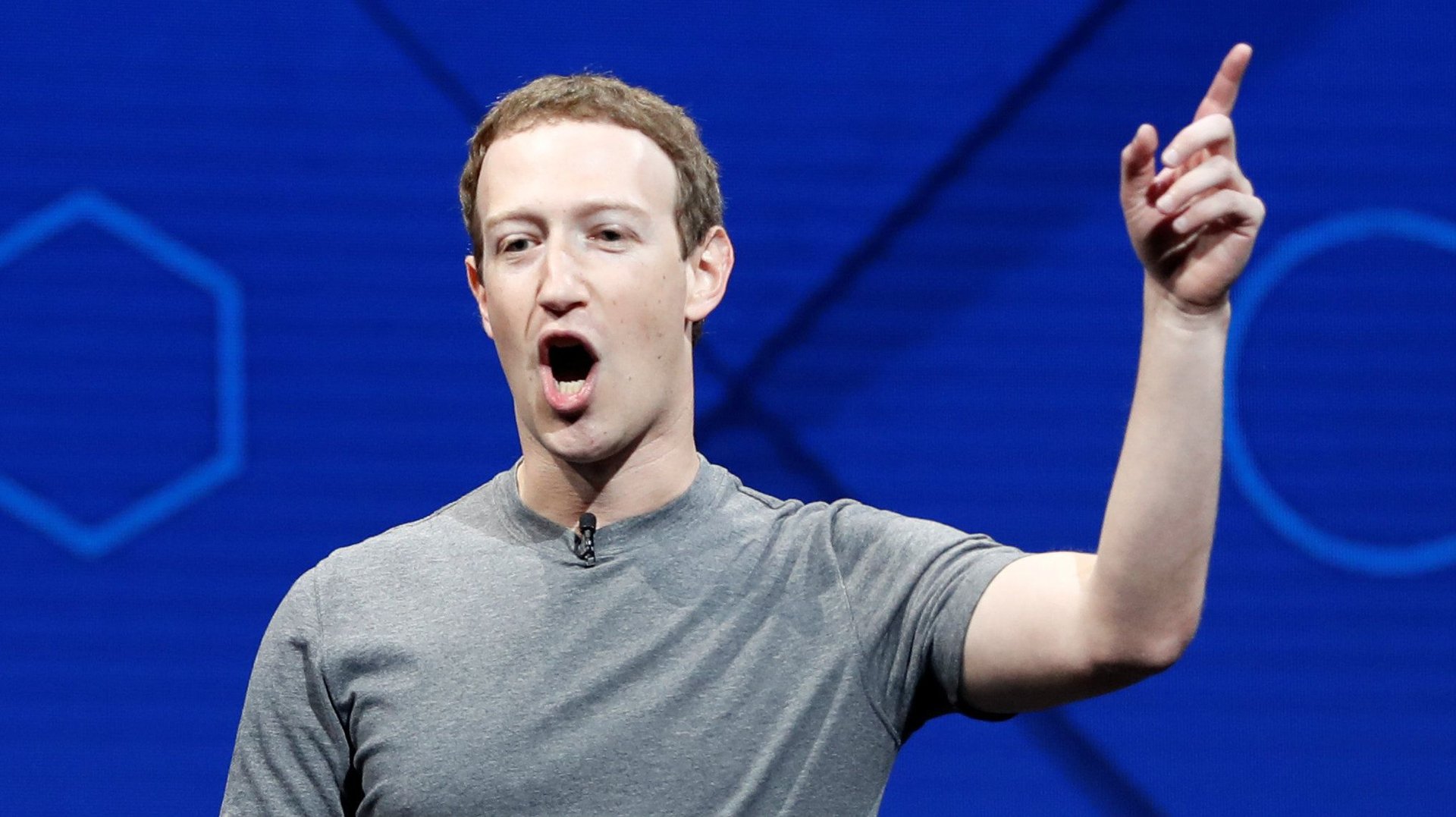Facebook may be plotting to poach YouTube’s creators
Facebook might be messing with YouTube’s livelihood.


Facebook might be messing with YouTube’s livelihood.
The social network launched a video platform last summer called Facebook Watch that was meant to be a hub for longer-form, TV-like programming, including shows that Facebook licensed or funded itself. To get more content, it allowed publisher partners to upload shows to Watch that they produced independently.
Now, to get even more people to create shows for Watch, it may open the platform to creators who can upload videos without selling the rights to Facebook first, CNBC reported, citing people familiar with the plans. The publication wrote:
Facebook wants to create a system where creators can upload their shows for free, then earn a cut of the revenue from ads placed on that content—similar to how YouTube pays its online creators. Another source with knowledge of the situation said Facebook’s ultimate goal is to create a sustainable ad-supported video platform, where it won’t have to pay for the majority of content.
If there were ever a time for Facebook to go after YouTube’s creators, it’s now. Recent changes to YouTube’s advertising platforms have made it more difficult for creators to make money from advertising in their videos. The changes were made after advertisers that complained their ads were being inserted into videos with inappropriate content, like extremist videos or videos that exploited children.
The most popular videos on YouTube, which are part of the Google Preferred advertising program that allows companies to buy ads on its top “safe” videos, now have be vetted from start to finish by real people—and not algorithms—before ads are allowed to run in them. Channels need to have at least 1,000 subscribers and 4,000 hours of watch time within the past 12 months before they can feature ads and share in ad revenue with Google.
The changes were made after popular influencers like Logan Paul and PewDiePie were flagged for inappropriate or disturbing content. YouTube hopes they will also keep out bad actors who thrive on extremist or exploitative content. But they could also bar “tens of thousands” of smaller creators from making money through YouTube’s ad share “partner” program, and make it harder for new channels to get started, Recode reported at the time. A Change.org petition was started to convince YouTube to change its policies. The petition has about 2,200 signatures.
YouTube irked creators last year when it automatically demonetized videos deemed offensive and, in the process, inadvertently took advertising revenue away from innocent creators as well. It has since made the program more transparent and launched an appeals process that involves human review.
Facebook could face these same issues if it opens its platform to more creators at scale and allows them to upload videos directly to its service.
Meanwhile, Facebook has been paving the way for more advertising to appear in its videos. It said in December that it would begin testing commercials before videos on Watch, similar to the pre-roll ads that appear on YouTube and other online platforms. At the same time, it said videos on the platform overall would have to be longer to feature ads in the middle and still keep viewers engaged. They need to be at least 3 minutes long, up from 90 seconds, to be eligible for ad breaks in the middle, with the first ad airing no sooner than 60 seconds in.
Facebook did not immediately return a request for comment.